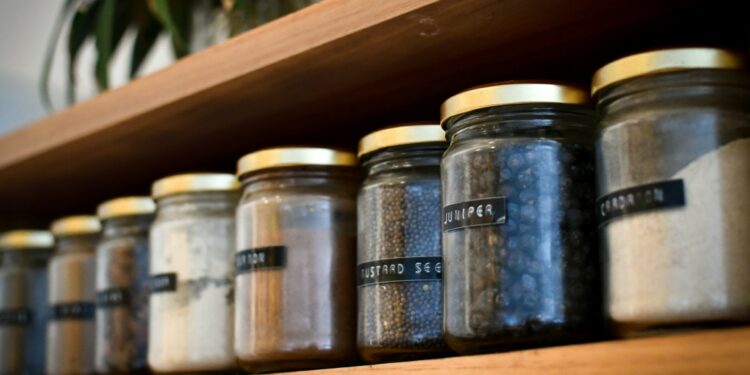This seasoning increases the risk of gastric cancer.
Gastric cancer, also referred to as stomach cancer, ranks as the fifth most prevalent cancer worldwide, although it constitutes a smaller proportion of new cancer cases in the United States, accounting for approximately 1.5% annually. Healthcare professionals and researchers are keen on pinpointing risk factors associated with gastric cancer to enable early detection and optimal care.
A recent study featured in Gastric Cancer analyzed data from over 470,000 individuals to explore the correlation between the habitual addition of salt to food and occurrences of gastric cancer. The findings revealed that individuals who consistently added salt to their meals exhibited a heightened risk of gastric cancer compared to those who infrequently or never indulged in this practice.
This investigation contributes valuable insights to the understanding of salt-related risks for gastric cancer within non-Asian populations, a field predominantly studied in Asian contexts. As scientific inquiry progresses, healthcare providers may potentially integrate inquiries about salt usage frequency into routine assessments as a straightforward gauge to monitor salt intake and associated risks of gastric cancer, thereby enhancing public health messaging.
The study, conducted using data from the UK Biobank encompassing 471,144 participants, employed meticulous criteria for participant selection, excluding individuals with missing data on salt usage, body mass index (BMI), or urinary sodium or potassium levels, as well as those with pre-existing cancer or kidney disease.
Participants provided baseline information regarding their salt usage habits, excluding cooking salt, categorized as never/rarely, sometimes, usually, or always. Researchers supplemented this self-reported data with measurements of urinary sodium, creatinine, and potassium levels, facilitating the estimation of 24-hour urinary sodium excretion.
Statistical analyses accounted for various factors, including demographics, lifestyle factors, and dietary habits, over a median follow-up period of 10.9 years. During this period, 640 cases of gastric cancer were identified among participants.
The study unveiled a notable association between frequent table salt usage and a 41% higher risk of gastric cancer compared to infrequent or rare usage. While increased salt consumption correlated with elevated 24-hour urinary sodium levels, no significant link was established between urinary sodium levels and gastric cancer risk.
Furthermore, findings from a subset of participants indicated a positive correlation between self-reported salt usage frequency and daily sodium intake levels, underscoring the potential utility of this simple measure in identifying individuals with elevated salt intake and subsequent susceptibility to gastric cancer.
Medical experts emphasize the multifaceted nature of gastric cancer risk factors, encompassing smoking, advanced age, obesity, and familial predispositions. While previous research has highlighted the association between higher salt intake and gastric cancer risk in Asian populations, there remains a dearth of studies exploring this relationship within Western demographics.
Dr. Anton Bilchik, a surgical oncologist and leading authority in gastrointestinal oncology, underscores the significance of dietary factors, particularly salt consumption, in gastric cancer development. He emphasizes the imperative of raising awareness regarding the adverse effects of excessive salt intake, given its established links to hypertension and cardiovascular diseases.
Bilchik further elucidates the contrasting patterns of gastric cancer presentation between Asian and Western populations, attributing the disparity to diverse risk factors such as obesity and gastroesophageal reflux disease prevalent in Western contexts. He underscores the critical importance of screening measures, particularly in regions with a higher prevalence of gastric cancer.
In summary, this comprehensive study underscores the detrimental impact of habitual salt consumption on gastric cancer risk, urging for heightened awareness and proactive measures to mitigate this risk, particularly in Western populations where research in this domain remains relatively scarce.

































Discussion about this post